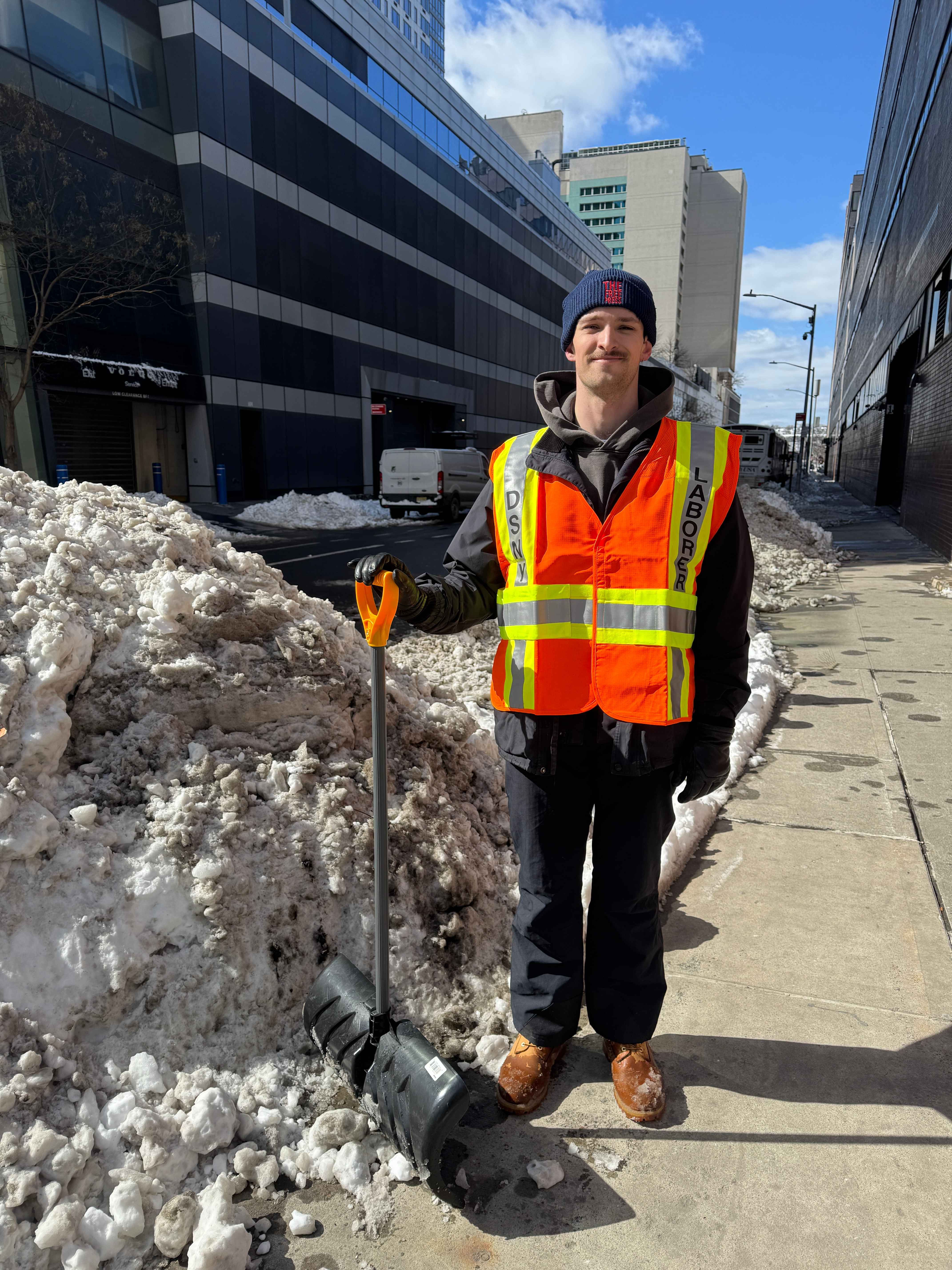COVID-19 pandemic may force more restaurants to permanently close
As new cases of coronavirus infections surge across the country, many restaurants have been forced to take dining services outside. However, new bans on outdoor dining as well as cold weather have forced some of them to permanently close altogether. Other restaurants may not survive the next few months.
After months of outdoor dining that kept the lights on at New York City restaurants like the Mermaid Inn, winter is coming for co-owner Danny Abrams.
"[The next three months] look very dark and very, very disturbing," he told CBS News.
Abrams and his partner, Cindy Smith, had seven restaurants before the pandemic. One restaurant is open now. They used to have 350 employees, and now, 50. Abrams has a brutal forecast of his own as cold weather puts the freeze on outdoor dining.
"I think as many as 50% of New York City restaurants will go out of business," he commented. "It's bleak."
Eateries in other states are also feeling the pain. In California, dining at restaurants, breweries, wineries and bars in Los Angeles County will be restricted starting Wednesday. Beginning at 10 p.m., all eateries in the county will only be able to offer take-out, drive-thru and delivery services, CBS Los Angeles reports.
Pennsylvania has ordered bars, restaurants and private catered events to stop alcohol sales for on-site consumption starting at 5 p.m. on Thanksgiving eve.
One in six restaurants open in March will have closed for good by year's end, according to a survey by the National Restaurant Association. That same report shows nearly 3 million employees are still out of work, and the industry is projected to lose $240 billion in sales by the end of the year.
"I think that we are at the point where we've been hanging on, and we will not make it through these next few months," said Tom Bene, president of the National Restaurant Association.
Bene adds that another 40% of those who've survived so far don't expect to make it another six months without help from Congress.
"Quite honestly, the impact is well beyond just that restaurant," he said. "You think about those farmers, those suppliers who provide food."




